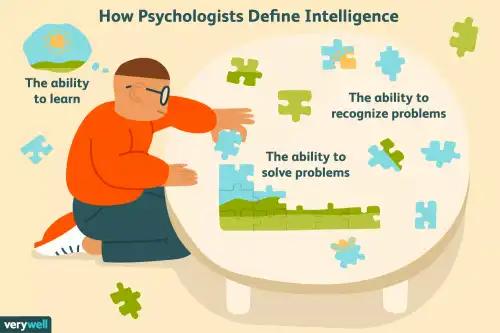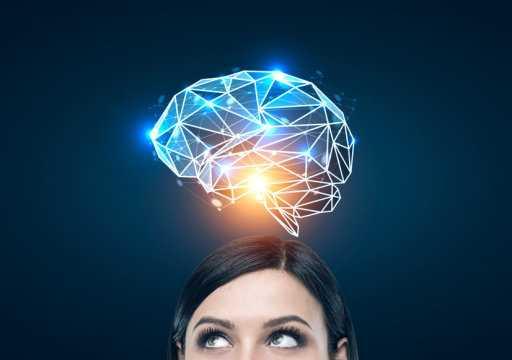Learn more about personaldevelopment with this collection
Different types of fasting
How fasting can improve your overall health
How to prepare for a fast
There is no standard definition of intelligence
Present approaches suggest that intelligence means having the capacity to:
- Learn from experience: this relates to the acquisition, retention, and use of knowledge.
- Identify problems: to use your knowledge, you should have the ability to identify possible problems that need to be approached and solved.
- Solve problems: you need to be able to use what you have learned to come up with a proper solution to the problems you have identified.
239
1.18K reads
History of the IQ (Intelligence Quotient)
- The term IQ was first formulated in the early 20th century by William Stern (a German psychologist).
- Psychologist Alfred Binet developed the first intelligence tests to help the French government identify kids who needed extra academic help.
- Although widely used, there continues to be debate and controversy over the use of such testing, cultural biases that may be involved, influences on intelligence, and even the very way we define intelligence.
197
944 reads
General intelligence
Charles Spearman (British psychologist, 1863–1945) described a concept he referred to as general intelligence or the "g factor". He utilized the method named 'factor analysis' to investigate a few mental ability tests; his conclusion was that the results and scores on these tests were very similar:
People who did well on one cognitive test usually performed well on other tests, while those who performed badly on one test usually scored badly on others. Spearman concluded that intelligence is a general cognitive ability that can be measured and numerically expressed.
187
822 reads
Primary mental abilities
Louis L. Thurstone (1887-1955) didn't approach intelligence as a single, general ability; his theory focused on seven different primary mental abilities:
- Associative memory: The capacity to memorize and recollect.
- Numerical ability: The capacity to solve arithmetic problems.
- Perceptual speed: The capacity to see differences and similarities among objects.
- Reasoning: The capacity to find rules.
- Spatial visualization: The capacity to visualize relationships.
- Verbal comprehension: The capacity to define and understand words
- Word fluency: The capacity to produce words rapidly.
242
849 reads
Howard Gardner's theory of multiple intelligences
- Bodily-kinesthetic intelligence: the capacity to control your body and handle objects skillfully.
- Interpersonal intelligence: the capacity to find and respond in the right way to the moods, motivations, and desires of other people.
- Intrapersonal intelligence: the capacity to be self-aware and aligned with your inner feelings, values, beliefs, and thinking processes.
- Logical-mathematical intelligence: the capacity think conceptually and abstractly, and the capacity to discern logically or numerical patterns.
- Musical intelligence: the capacity to produce and appreciate rhythm, pitch, and timbre.
- Naturalistic intelligence: the capacity to know and categorize animals, plants, and other objects in nature.
- Verbal-linguistic intelligence: the capaity to have developed verbal skills and sensitivity to the sounds, meanings, and rhythms of words.
- Visual-spatial intelligence: the capacity to think in images and pictures, to visualize accurately and abstractly.
227
645 reads
The triarchic theory of intelligence
Robert Sternberg (American psychologist) proposed the concept "successful intelligence; this concept involves three different factors:
- Analytical intelligence:the ability to evaluate information and solve problems.
- Creative intelligence: the ability to come up with new ideas.
- Practical intelligence: the ability to adapt to a changing environment.
217
772 reads
CURATED BY
More like this
4 ideas
Daniel Goleman and His Theory on Emotional Intelligence - Exploring your mind
exploringyourmind.com
8 ideas
How Emotionally Intelligent Are You?
verywellmind.com
1 idea
Why a high IQ doesn't mean you're smart
som.yale.edu
Read & Learn
20x Faster
without
deepstash
with
deepstash
with
deepstash
Access to 200,000+ ideas
—
Access to the mobile app
—
Unlimited idea saving & library
—
—
Unlimited history
—
—
Unlimited listening to ideas
—
—
Downloading & offline access
—
—
Personalized recommendations
—
—
Supercharge your mind with one idea per day
Enter your email and spend 1 minute every day to learn something new.
I agree to receive email updates

